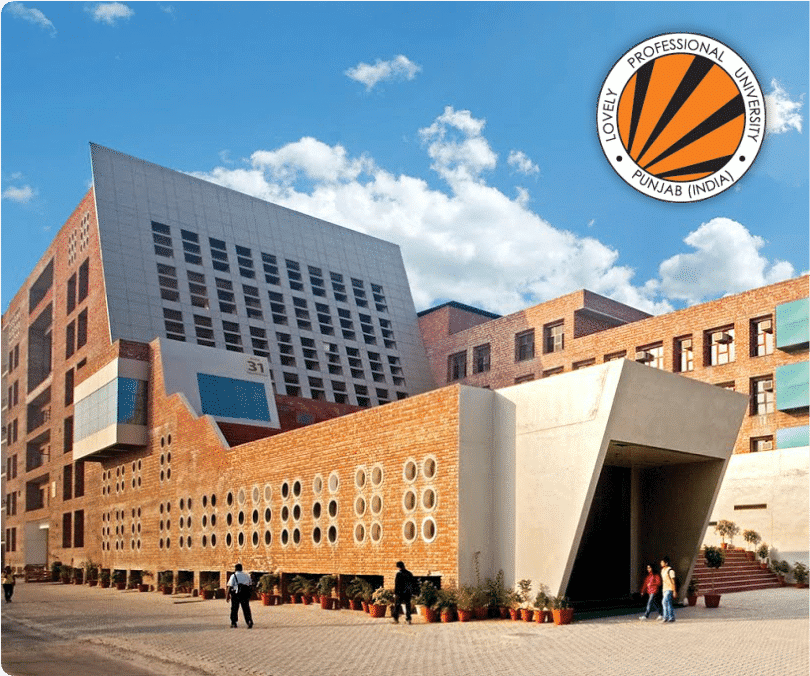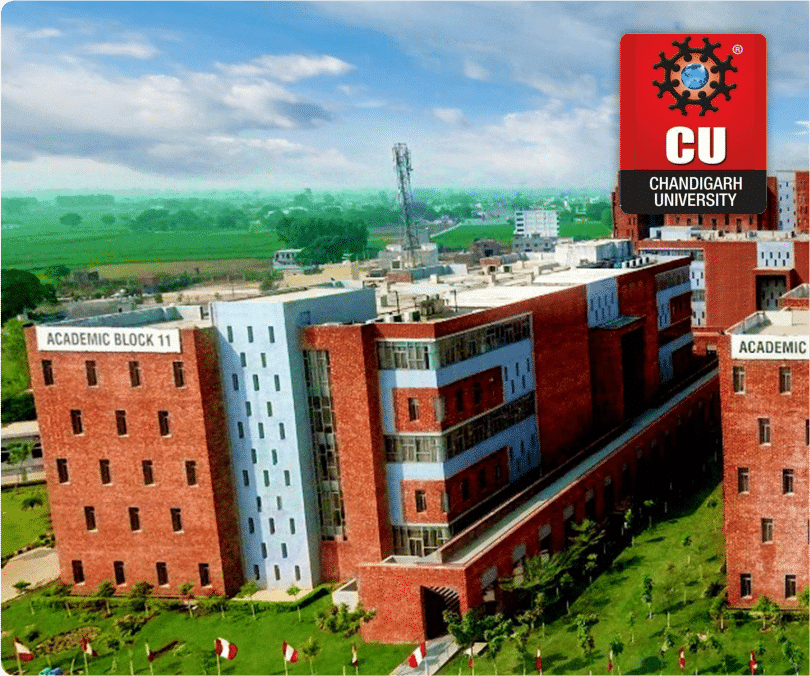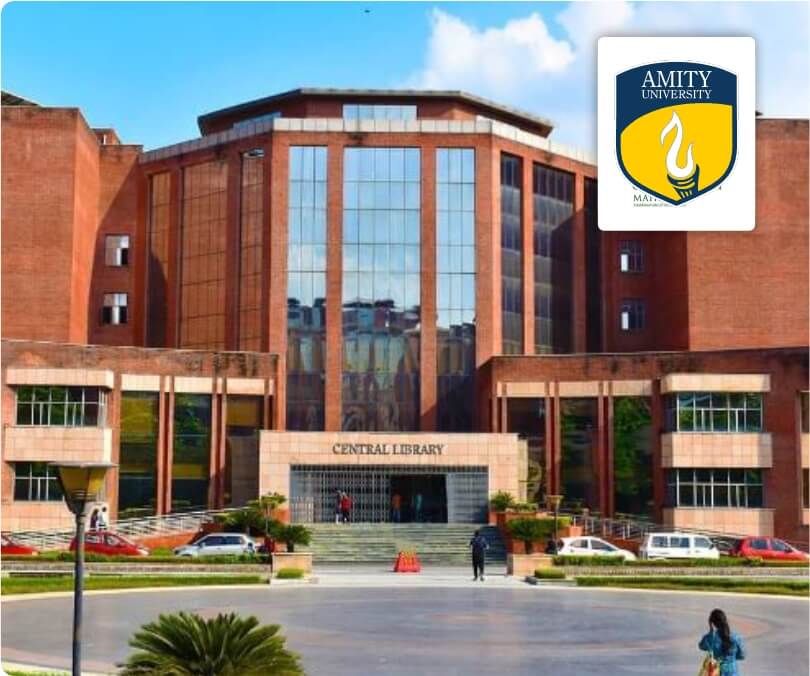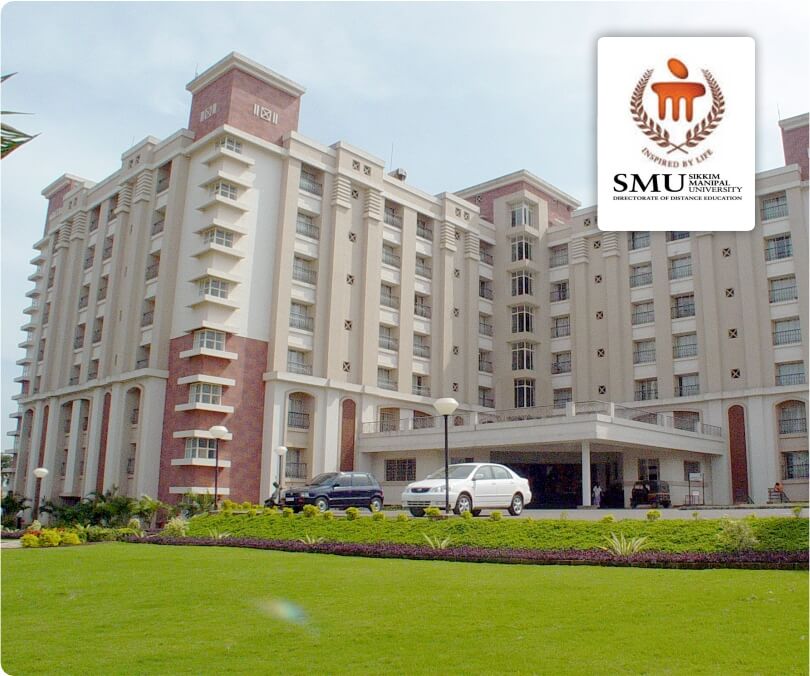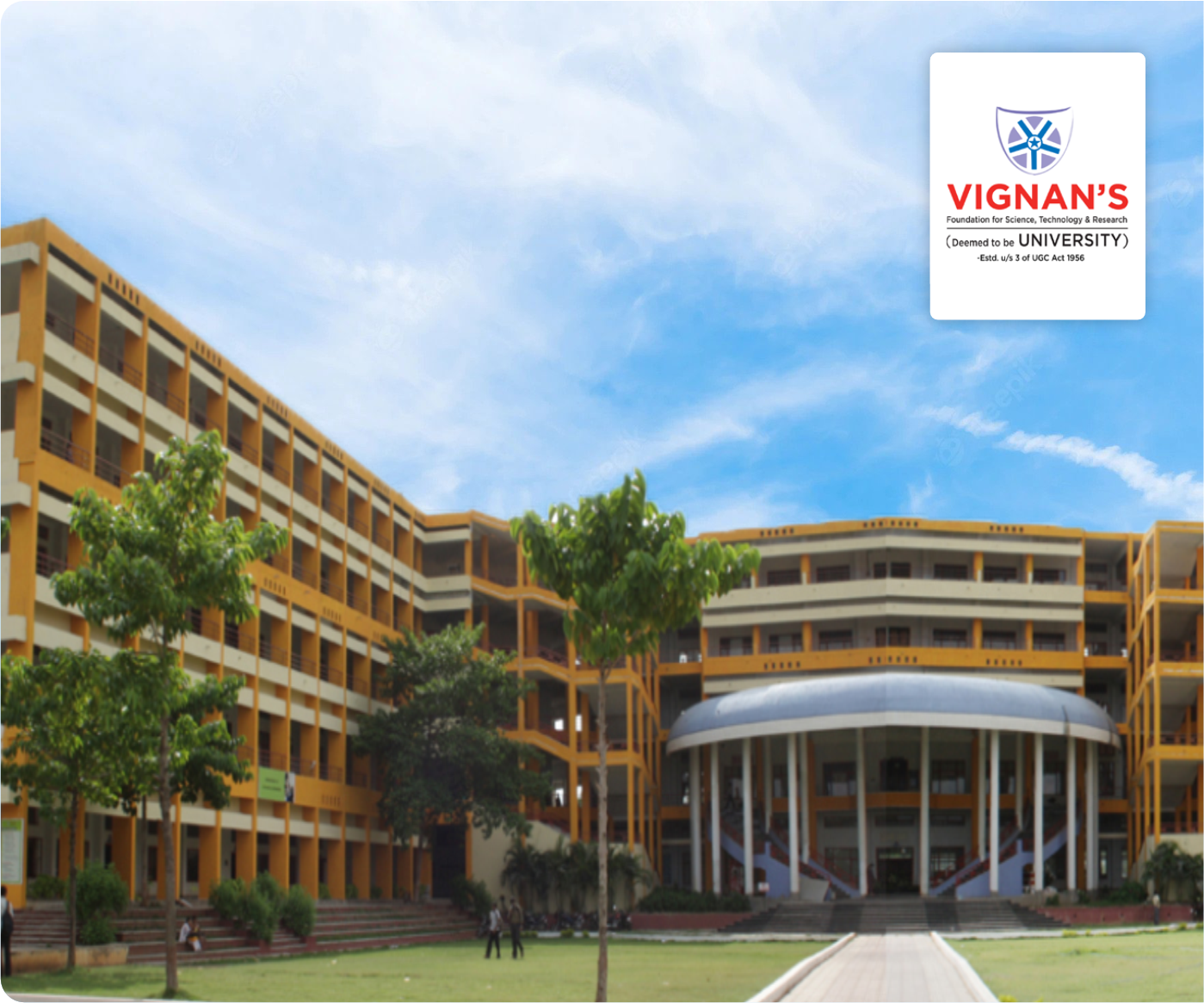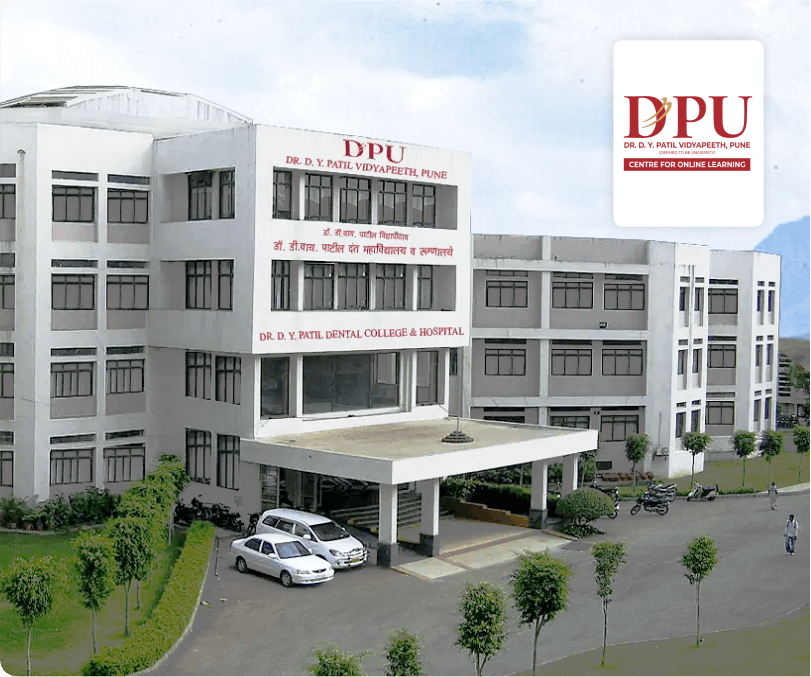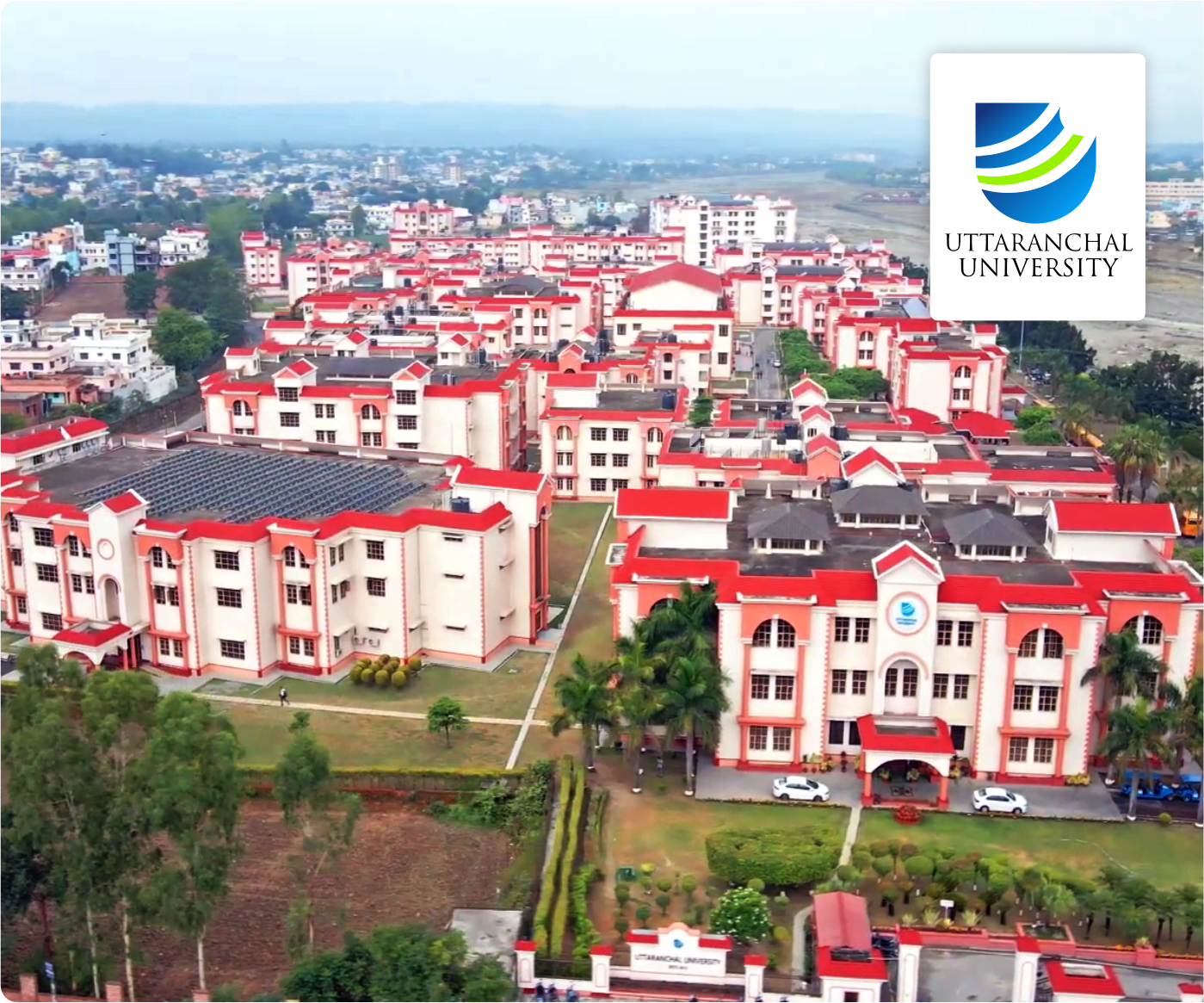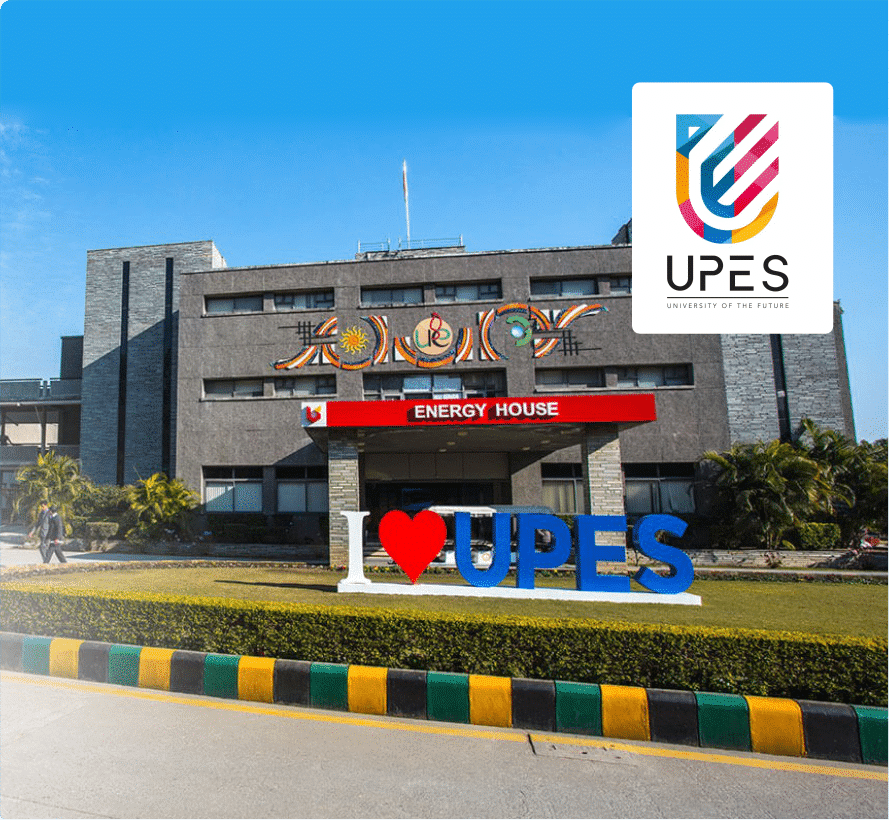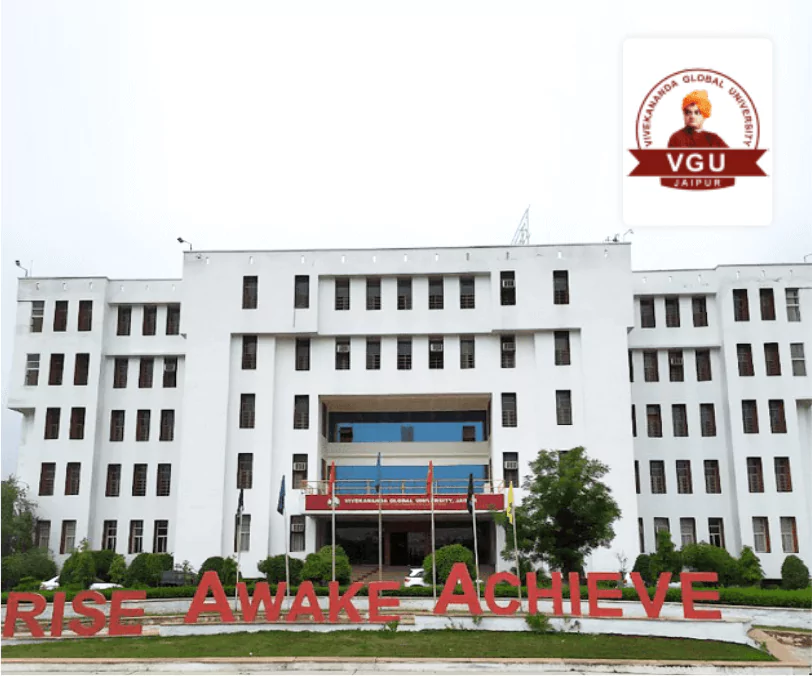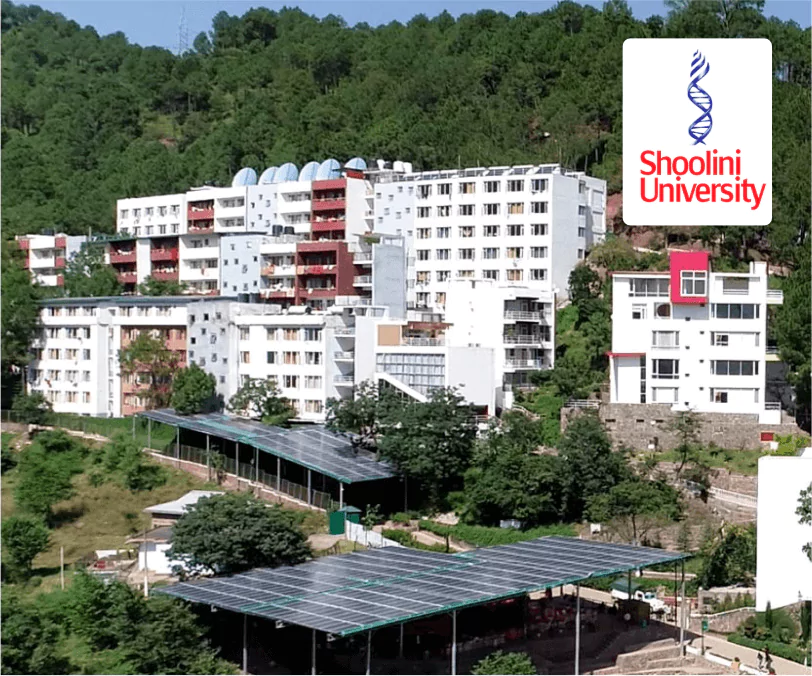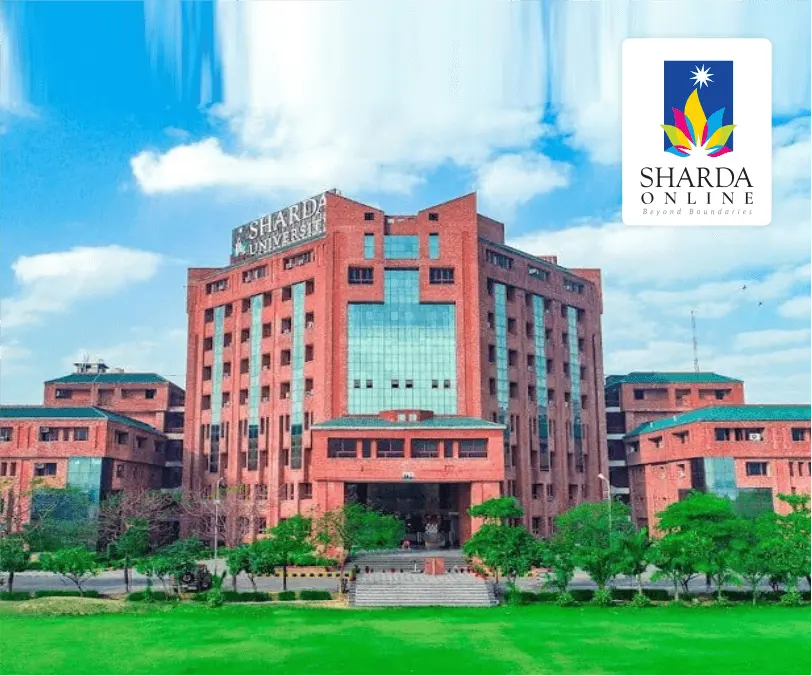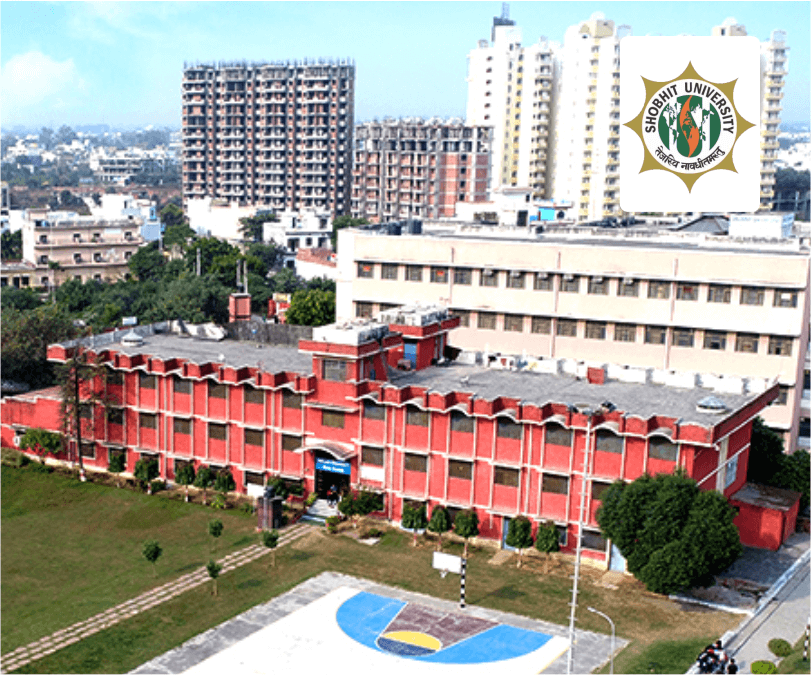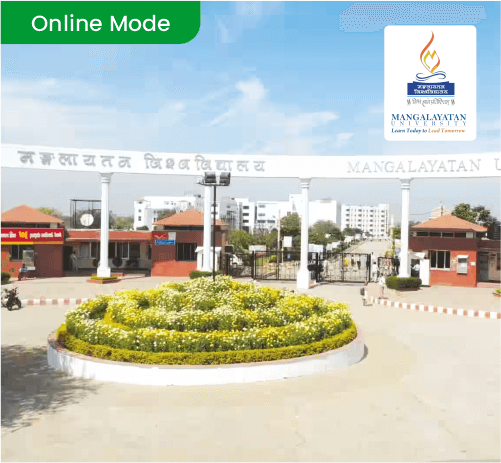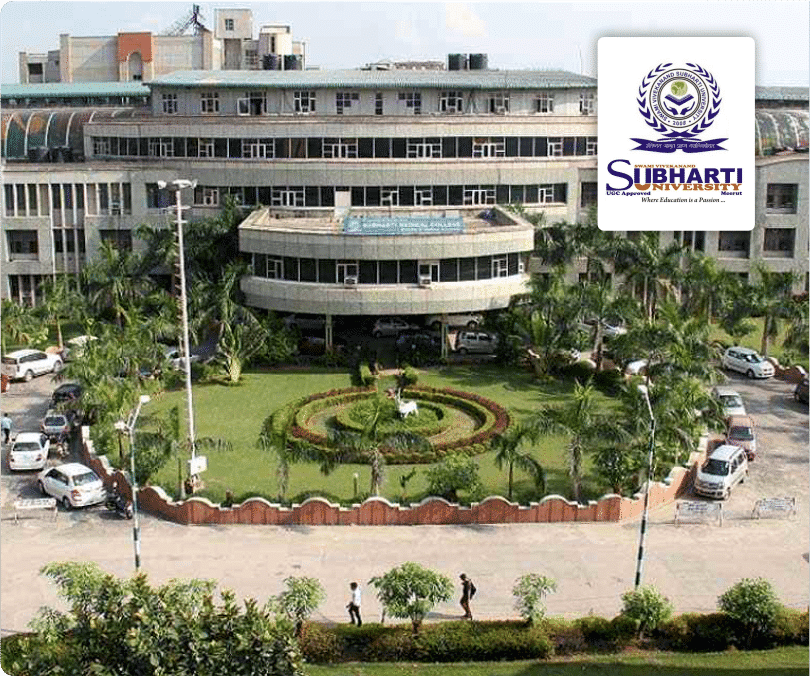
Career Opportunities after Distance BSc Degree Course.
A Bachelor of Science (BSC) degree is a versatile undergraduate qualification encompassing various scientific disciplines. BSc Degree Course. have a strong foundation in scientific knowledge and skills, making them well-suited for careers in science, technology, engineering, and mathematics (STEM). In this article, we will explore some popular career paths for distance education courses and offer guidance on selecting the right career and preparing for the job search.
Popular Career Opportunities for Distance BSC Degree Courses
- Research Scientist: Distance BSc Degree Course. can pursue careers as research scientists in fields like biology, chemistry, physics, and computer science. They often work in government labs, universities, or private companies.
- Lab Technician: BSC distance education holders can become lab technicians in hospitals, clinics, and research laboratories. Their responsibilities include conducting tests, analyzing data, and preparing reports.
- Data Analyst: strong analytical skills can excel as data analysts across various industries, including finance, healthcare, and marketing. They collect, clean, and analyze data to provide valuable insights for businesses.
- Quality Control Analyst: Quality control analysts play a crucial role in manufacturing and other industries, ensuring products meet quality standards.
Scientist Industry
- Environmental Scientist: Those with a specialization in environmental science can work as environmental scientists in government agencies, environmental consulting firms, and other organizations. They work to safeguard the environment by monitoring pollution levels, conducting research, and developing environmental policies.
- Science Writer: Distance BSc graduates with excellent communication skills can pursue careers as science writers for news outlets, magazines, and websites. They translate complex scientific topics into accessible content for the general public.
- Educator: Distance BSC degree holders can become educators at schools, colleges, and universities, teaching science courses to students of all ages.
- IT Professional: BSc Degree Course. with a strong background in computer science can work as IT professionals in various industries. They can be involved in software development, web design, or network management.
Additional Career Opportunities Based on Specialization:
- Agriculture: Agriculture Officer, Soil Scientist, Food Scientist
- Biotechnology: Biotechnologist, Microbiologist, Pharmacologist
- Chemistry: Analytical Chemist, Organic Chemist, Pharmaceutical Chemist
- Computer Science: Software Engineer, Web Developer, Database Administrator
- Environmental Science: Environmental Consultant, Environmental Engineer, Climate Scientist
- Mathematics: Statistician, Actuary, Financial Analyst
- Physics: Medical Physicist, Astronomer, Software Engineer
- Zoologist: Wildlife Biologist, Marine Biologist,
It’s important to note that some of these career paths may require additional education or certifications, such as a master’s degree.
How to Choose the Right Career Path:
Selecting the right career path is a dynamic process. Here are some steps to help you make an informed decision:
- Self-Assessment: Reflect on your interests, skills, values, and personality to identify your preferences and priorities in a career.
- Explore Options: Research various career options, using online resources, books, and discussions with professionals in different fields.
- Research Careers: Explore your chosen careers to understand job responsibilities, educational requirements, salary expectations, and job prospects.
- Network: Connect with individuals working in your desired field to gain insights into their experiences and gather valuable advice.
- Gain Experience: Seek internships, volunteer opportunities, or part-time positions to gain practical experience and confirm your interest in a specific career.
- Be Open to Change: Understand that career paths can evolve over time. Be flexible and open to exploring new opportunities and learning new skills.
Remember that the right career is one that aligns with your interests, strengths, and long-term goals. Seek guidance from mentors, friends, and family to help you along your career journey.
Admission Process for Distance BSc Degree Courses:
The admission process for BSc degree programs typically involves the following steps:
- Explore Programs: Research Distance BSc degree programs at various universities or colleges to find those that match your interests and career goals.
- Check Eligibility: Ensure you meet the institution’s requirements, including high school qualifications and language proficiency standards.
- Gather Documents: Collect necessary documents, such as high school transcripts, test scores (if required), recommendation letters, a personal statement, a resume, and identification.
- Apply Online: Visit the university or college’s website, create an account, and complete the online application form with your details.
- Submit Transcripts: Send your high school transcripts or academic records to the institution. Some schools may require official transcripts.
- Test Scores: Provide any requested test scores, like SAT or ACT, if applicable.
Recommendation Letters:
Obtain recommendation letters from individuals who can speak to your character and abilities.
- Personal Statement: Write a compelling personal statement outlining your reasons for pursuing a BSc program, your goals, and how you can contribute to the university community.
- Application Fee: Pay any required application fees as per the school’s guidelines.
- Interview (if needed): Prepare for interviews if the institution requires them.
- Submit Your Application: Review your application for errors and submit it before the deadline. Keep copies of all submitted materials.
- Application Status: Monitor the application status through the school’s website
- Acceptance and Enrollment: If accepted, follow the school’s instructions for accepting the offer and enrolling in classes.
- Financial Aid and Scholarships: Explore financial aid and scholarship opportunities to help with education costs and apply for relevant scholarships.
Conclusion
A UGC DEB approved BSc Degree Course. can pave the way for a multitude of career prospects. With a robust foundation in scientific knowledge and skills, you can embark on diverse careers within the STEM (Science, Technology, Engineering, and Mathematics) fields. Take the time to explore your options and select a career path that aligns with your aspirations. Through diligent planning and preparation, you can achieve your dream job.
Most Popular Blogs

Complete Guide to Acharya Nagarjuna University Distance Education 2026

IGNOU Online MCA: Fees, Eligibility, Syllabus & Career Opportunities

Jammu University Distance Education Admission 2026: Courses, Eligibility & Fees

Online BCA Courses in Jain University Online

Distance Education at Pondicherry University

Top 4 colleges to pursue Distance BBA in Andhra Pradesh
Top Distance Universities
FAQs - Frequently Asked Questions
A BSc course typically lasts for 3 to 4 years, depending on the specific program and the university.
Yes, many universities offer BSc programs that can be studied from home, allowing you to balance your studies with other responsibilities.
Online BSC degrees in India offer flexibility, enabling you to learn at your own pace and from anywhere. They also provide a range of subject options and can be more accessible for individuals who are working or have other commitments.
Popular subjects for online BSc degree programs often include computer science, mathematics, biology, chemistry, and physics. Some programs may offer unique interdisciplinary options to cater to diverse interests.
Yes, one of the advantages of online BSc degrees is their flexibility, allowing you to work part-time or full-time while studying. However, it’s essential to manage your workload effectively to balance work and studies successfully.


